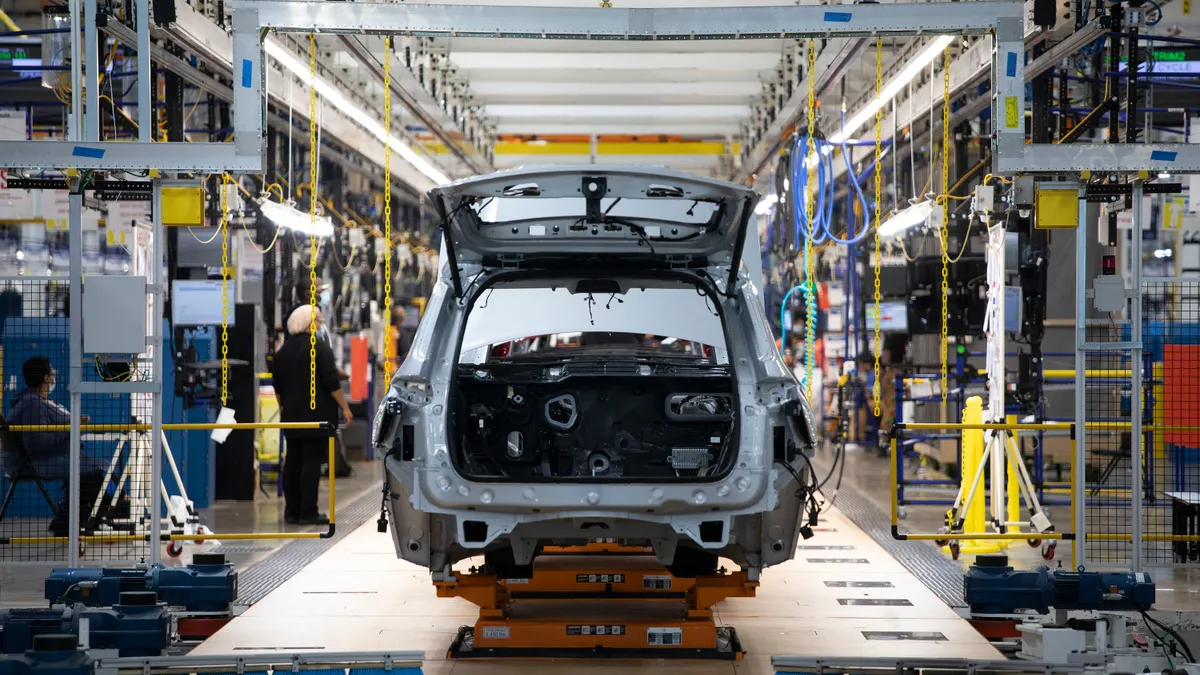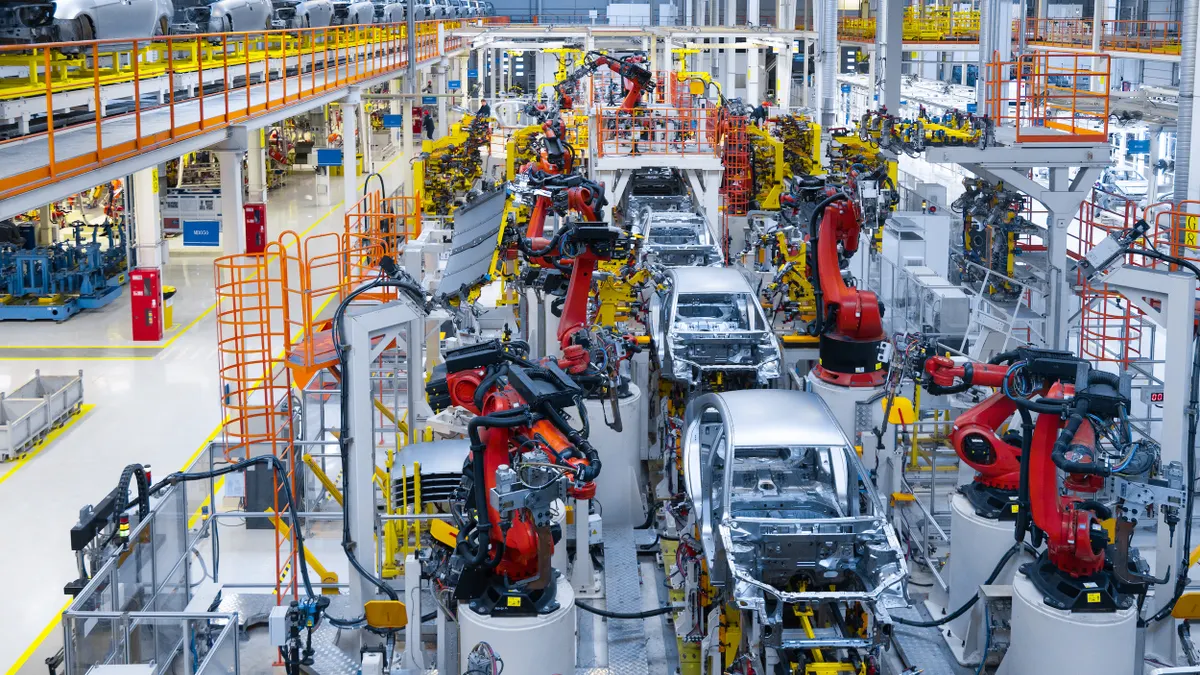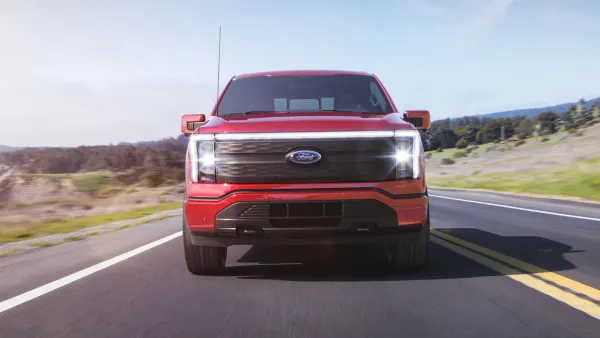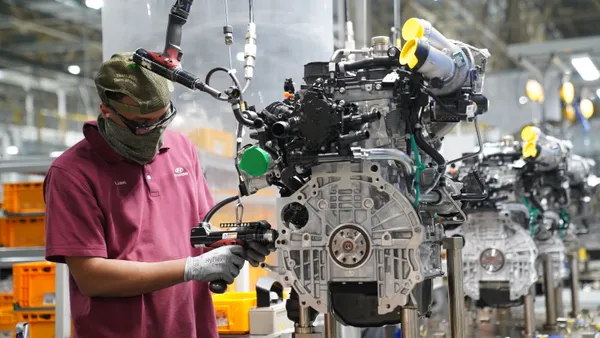Dive Brief:
- Stellantis is investing in lithium-sulfur battery maker Lyten in another example of automakers diversifying their EV battery supply networks.
- The two companies will collaborate to develop mobility applications for Lyten's lithium-sulfur battery, which is meant to be lighter and more energy dense than traditional lithium-ion options.
- While Lyten has yet to commercialize its EV battery technology, the companies aim to have the product ready for use in a vehicle in the second half of the decade, Lyten Chief Sustainability Officer Keith Norman said in an interview.
Dive Insight:
While lithium-sulfur batteries have been in development for several years, their use has been limited due to lower battery life and the number of times they can be recharged compared to more popular options like lithium-ion.
However, Lyten has been working to develop 3D graphene materials for use in the batteries that enhances performance. The result is a battery that Norman said is currently 40% lighter than lithium-ion products, a number the company is hoping to push up to 60% as the technology is further developed.
That advantage could play an integral role in helping Stellantis create lighter EVs that are cheaper to produce.
The automaker has struggled in recent months with the heightened costs associated with manufacturing EVs. It closed its Belvidere, Illinois, auto plant in February, citing the expense of production as the primary factor in the decision.
Lyten says its batteries can help solve that problem with a simplified supply chain that does not include manganese, cobalt or nickel — critical minerals that are largely imported into the U.S. from China and parts of Africa.
The battery maker aims to domestically source all of its supply chain later in the decade, but does currently procure its lithium supply from South America and Australia, Norman said.
Stellantis has been pushing to bring on more battery suppliers as it aims to make 50% of its U.S. sales EVs by 2030, and achieve net zero emissions by 2038.
"Lyten’s Lithium-Sulfur battery has the potential to be a key ingredient in enabling mass-market EV adoption globally, and their material technology is equally well positioned to help reduce vehicle weight, which is all necessary for our industry to achieve carbon net zero goals," Stellantis CEO Carlos Tavares said in a statement













